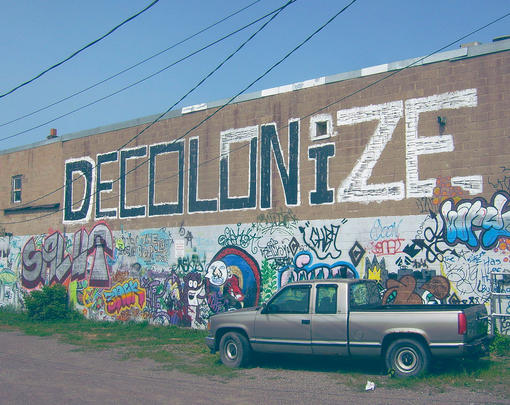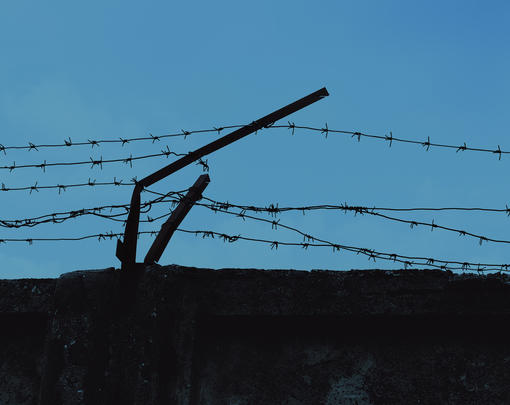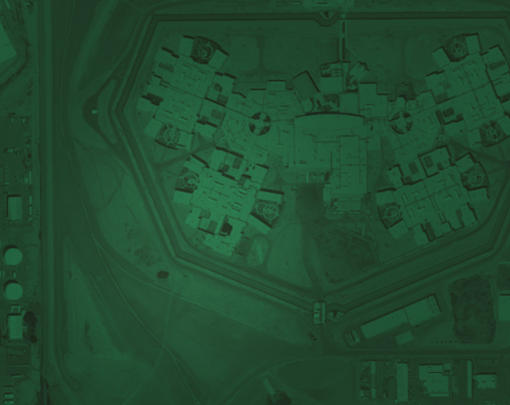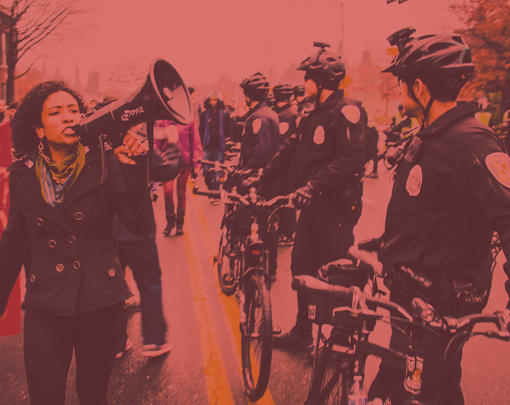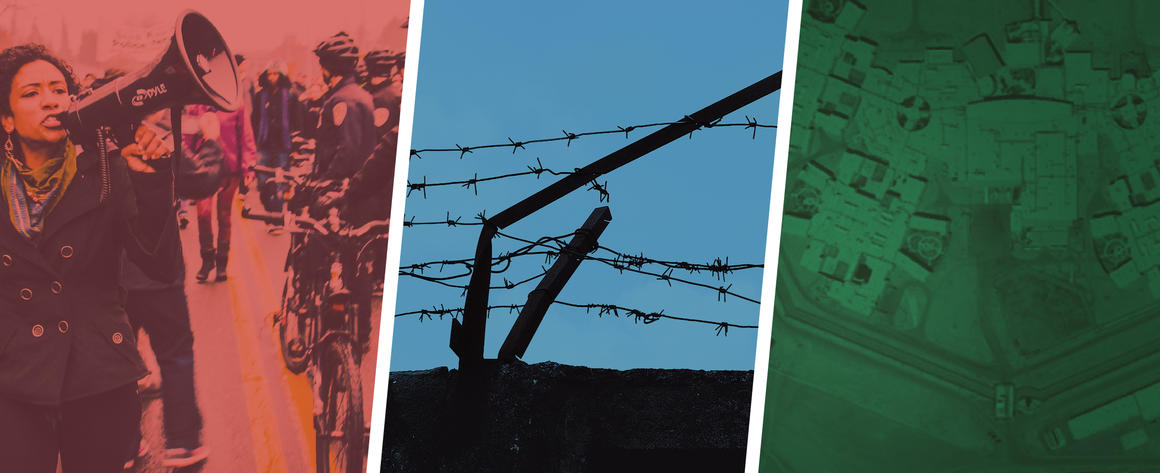
- Prisons and policing: systemic challenges and alternative visions
Prisons and policing: systemic challenges and alternative visions
It’s easy to propose reforms and tweaks to the current economic system: even if it is politically impossible, no one has a hard time imagining a world where there is a higher minimum wage. Most people can wrap their heads around even an idea like a universal basic income. But when we insist that we need to move beyond reform and redistribution and directly confront the drivers of inequality and unsustainable growth at the heart of our economy, and that it is urgent to do so on a system scale, as soon as possible, it becomes harder. What would it really mean to live within an equitable and ecologically appropriate economy? We have something of a collective blindspot that prevents us from understanding what, in a more just system, would remain constant and what would need to be fundamentally changed—and the current system thrives on our inability to imagine life outside of it.
A similar problem exists when we think about prisons and policing. As with inequality and environmental decay—we know something must be done. We have a historically unprecedented system in which millions of people, disproportionately black and brown, are warehoused and confined. We have a system of policing that treats too many American communities as enemy territories and people like Freddie Gray, Michael Brown, and Sandra Bland as disposable and less than human. This carceral system is an affront to any decent sense of justice, and as with the economy, (insufficient) reforms are eminently imaginable: the body cameras, for instance, that new research has shown as remarkably ineffective in changing police behavior. But if reforms are insufficient, what comes next?
The movement for the abolition of prisons and policing finds itself on the threshold of this question. On the one hand, it is necessary to imagine an alternative system—more fair, more just, more community-based—but on the other, the history of reform of prisons and policing has tragically shown that attempts to correct the course of this unjust system have far too often worked to reinforce it. Abolitionists thread this needle carefully, working to end an unjust system without unintentionally doing the work to improve and sustain it.
What can advocates for more democratic economies learn from the work of abolition? Do organizers advancing alternative economic models too easily assume that it is possible to carve out spaces for alternatives within the current system? There is much to be learned from the care with which abolitionists have approached the question of recuperation—how does one imagine alternatives when your imagination is already colonized by the system you want to supplant? Beyond methodology, how should we understand the deep connection between abolition and systemic economic alternatives? We don’t live in just any capitalism, we live in a carceral capitalism, and a next system in which our current relationship to prisons and police remain unchanged is not one worth fighting for.
To explore these questions, and hopefully begin to outline some answers, we are publishing three pieces today. The first is an interview with Mariame Kaba, a longtime grassroots organizer and educator on the frontlines of the struggle against prisons and police, diving into the big questions traced above. Kaba’s answers cut cleanly through much of the fog of confusion around the question of abolition, and highlight the key tensions and contradictions organizers against the prison industrial complex find themselves facing.
The second is an investigative piece by Toshio Meronek and Erica Meiners, offering a critique of “civil commitment” from a harm-reduction standpoint. It is easy to imagine letting all the “good” prisoners out—for instance the nonviolent drug offenders. But doing so sidesteps the issue of harm, and allows us to pretend that we don’t have to disrupt the carceral logic that demands we inflict harm on those who have themselves been responsible for harming others. Meronek and Meiners’ piece challenges this logic where it is perhaps strongest: in the way our current system of carceral control deals with sex offenders, clearly responsible for grievous harms. In so doing, their challenging piece explores one of the hardest questions around abolition.
Finally, the third piece is a concrete proposal for an alternative model of policing, authored by Max Rameau, well-known for his work reclaiming vacant houses for homeless families with Miami’s Take Back the Land in the wake of the financial crisis. Situating his analysis within the framework of decolonization, Rameau’s concern is with the construction of a model sufficient to ensure real community control of the police—not merely oversight or easily recuperated “input.”
